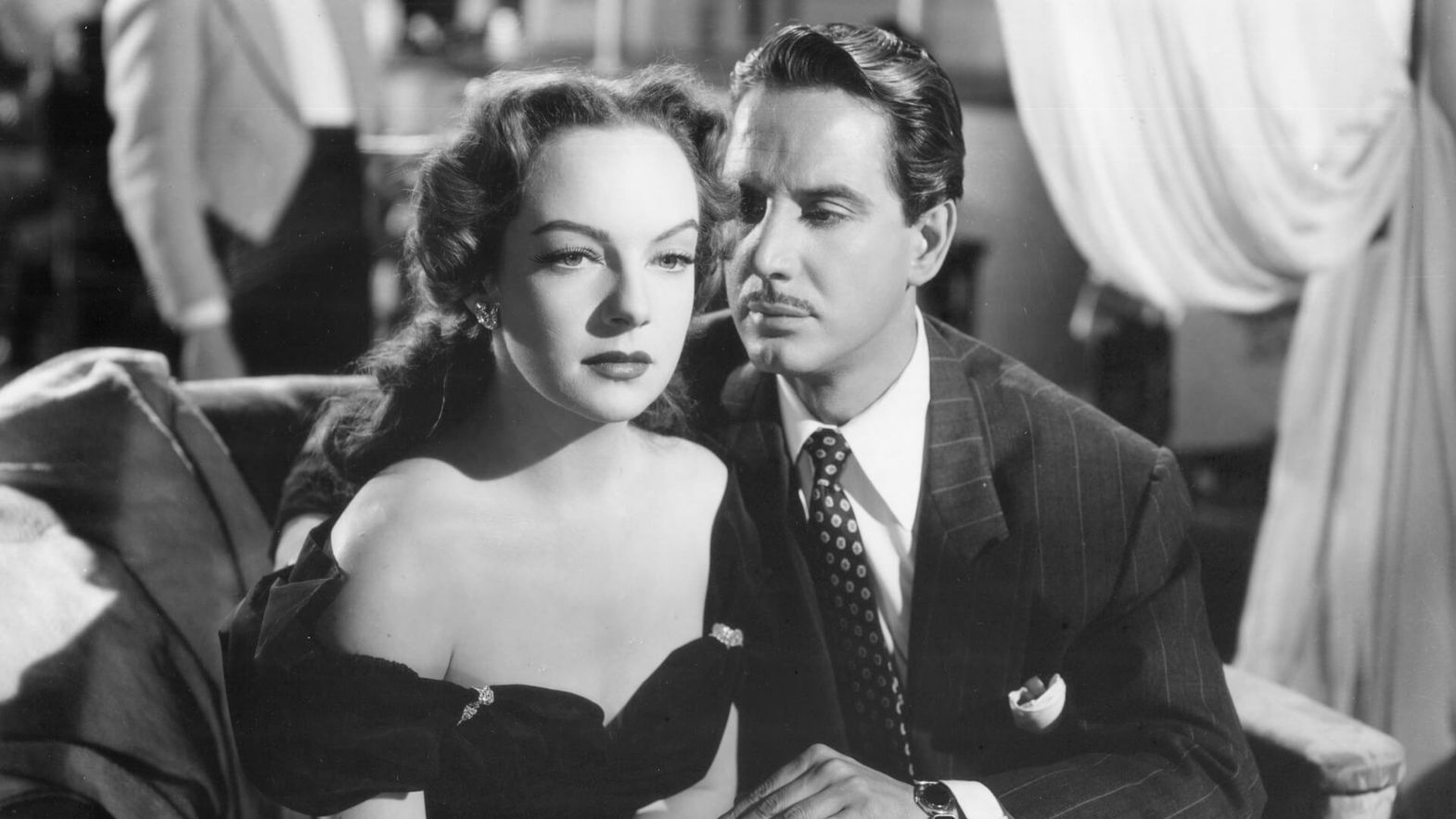 © Courtesy of Filmoteca UNAM
© Courtesy of Filmoteca UNAM
Behind this film by Julio Bracho, already a leading figure in Mexican theater in previous decades, there is a narrative mechanism that derives from Oscar Wilde's work Lady Windermere's Fan, from which Ernst Lubitsch had drawn one of his most famous films in 1925. In essence, it is the story of a woman with a troubled past committed in some way to get in touch with her daughter, who has never known her.
Instead of the fan here there is a handbag and Rosario Velázquez, the "ghost" mother, is a famous singer. To play in this part is the famous Libertad Lamarque, the diva of Argentine origin who can thus exhibit both her great talent as an actress, and the appreciable singing skills, in public and in more informal "family" performances.
Martha Roth stands tall in the role of Marta, the daughter that the doubtful Rosario thinks to find. We clarify, in fact, that practically throughout the film Rosario does not know which daughter was conceived with the old love of youth Roberto. Which one is between Marta and the other two sisters, with quite different characters, raised by the man as second-born daughters? The median Claudia, rather grumpy, or Julieta, the minor not only in age but also as a character?
Only with time, when the girls have become women, Roberto reveals to Rosario that the newborn believed dead by the singer after forgetting her on the train because of her carelessness miraculously survived the train accident. It is then that Rosario begins to attend Roberto's family more and more often.
Bracho and his screenwriter Neftalí Beltrán take the emotions of the characters to the extreme and it is probably this very precise representation of passions that is the main merit of the film. More specifically, we allude to a couple of scenes that catch the eye, where thanks to Bracho's ability to obtain excellent results from his interpreters, the proxemics, gestures and looks of the actors perfectly manage to convey to the viewer the force of repression, the necessary self-control, but not always sufficient, so that what cannot be shown remains secret or goes unnoticed. The first scene is that of the slow dance between Marta and her lover Manuel, under the eyes of his wife. The second is the one in which Rosario says goodbye to Marta, whom she may never see again.
In addition, attention to the dialogue in which Marta and Manuel, before abandoning themselves to eroticism in a temporal ellipsis of the story, quote the Mexican poet, writer and playwright Xavier Villaurrutia, the author of the play La mujer legítima, universally recognized as one of the protagonists of Mexican avant-garde theater. The charm of Rostros olvidados also lies in this mixture of high and low culture, considering that it is the directorial hand of Bracho to enhance the potential of a plot that in the hands of less prudent filmmakers would easily end up giving life to a soap opera of the most tearful and blackmailing, between loves, blood transfusions and misfortunes of all kinds.
Francesco Grieco